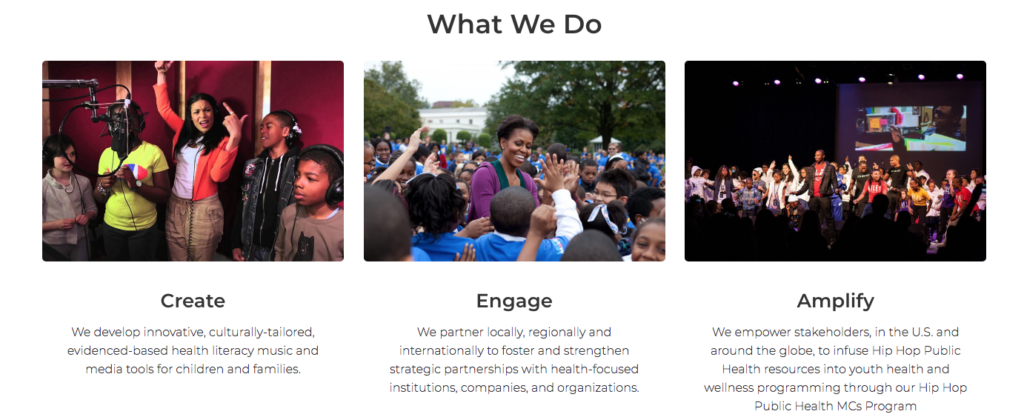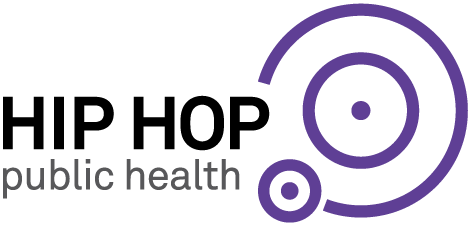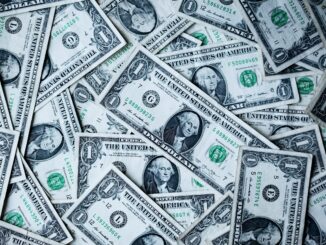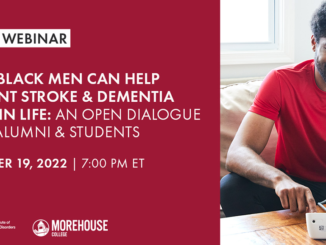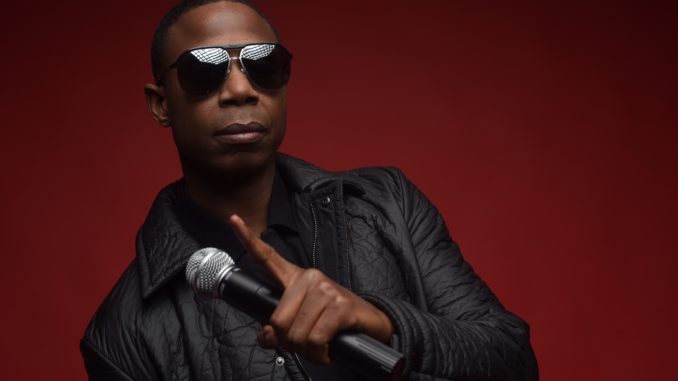
By Taroue Brooks
Rapper Doug E. Fresh and fellow Hip Hop Public Health (HHPH) co-founder Dr. Olajide Williams have launched a rhyme-and-reason campaign to inspire young people to adopt hand washing and social distancing measures mandated to defeat COVID-19, the 2020 global public health pandemic.
HHPH produced the song “20 Seconds or More” in response to messaging failures governing the pandemic in the U.S. The song was written and produced by Artie Green, and features Doug E. Fresh and Gerry Gunn with medical oversight by Dr. Williams, the head of neurology at Columbia Presbyterian Hospital.
A host of other artists and celebrities have shared personal videos washing their hands including Rev. Run, DMC, Jamie Foxx, Chuck D., Ashanti, Cedric the Entertainer, Charlamagne Tha God, Bill Bellamy, Toya Johnson, Jordin Sparks, Sara Blakely, Dr. Oz and more.
What impact does COVID-19 have on the neurological or nervous system?
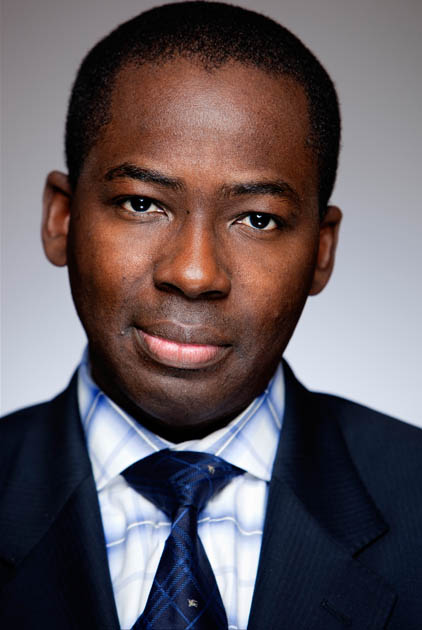
Dr. Williams: It’s a new virus so were gathering data on its impact. We’re creating databases to log neurological complications. What we know from experience in China is that it can increase your risk in stroke and a variety of cardiovascular complications.
In my hospital, we are seeing a phenomenon of recrudescence, which is when an individual who suffered a stroke in the past contracts the virus and those symptoms that he’s recovered from reemerge; they reappear.
Also, a lot of these patients develop hypoxic encephalopathy, which is an alteration in your mentation [mental state]—driven by low oxygen saturation in the body, thus limiting the amount of oxygen going to the brain. It causes confusion, drowsiness and the patient can slip very rapidly into a coma as a result of low oxygen. That happens due to the acute lung injury that occurs with COVID.
We’re learning more and more everyday about the virus. Based on the information from China, we thought we would see a lot more stroke victims. Interestingly, people are afraid to come in because of the mixed messaging. And we are actually seeing a lot of deaths at home. People are not coming in for their strokes as they should. They are not coming in for their heart attacks as they should. This is all preliminary observation. There is cause for concern and we are looking more into this systematically.
How has this pandemic personally/professionally impacted you in your practice?
Dr. Williams: It has impacted me personally and professionally. At the beginning of March, I was working on the frontlines seeing patients when the first few cases were starting to appear. At the time, people weren’t social distancing and there wasn’t a shelter in place order. People were still going on about their business. Then I got sick. I had COVID-19 symptoms. I recovered. Now, I am back on the frontlines.
Professionally, it has really changed everything that we do at the hospital. Patients must still be treated. There are patients with neurological disorders that still need to get their medications, be evaluated and diagnosed.
We have ramped up our telehealth capabilities. A lot of my practice has moved from face-to-face to video conferencing examination of patients. We have seen a spike in teleconsultations via these secure video conferencing systems. We only see face-to-face for individuals who must come in for specific reasons. The neurological unit at the hospital has been converted to COVID units. We now have pop-up ICUs, allowing us to admit and treat more patients that need intensive care unit services.
We see high rates of morbidity and mortality. A lot of families traumatized because they can’t come and see their loved ones because of policies in place. The whole experience has been quite challenging and emotionally distressing.
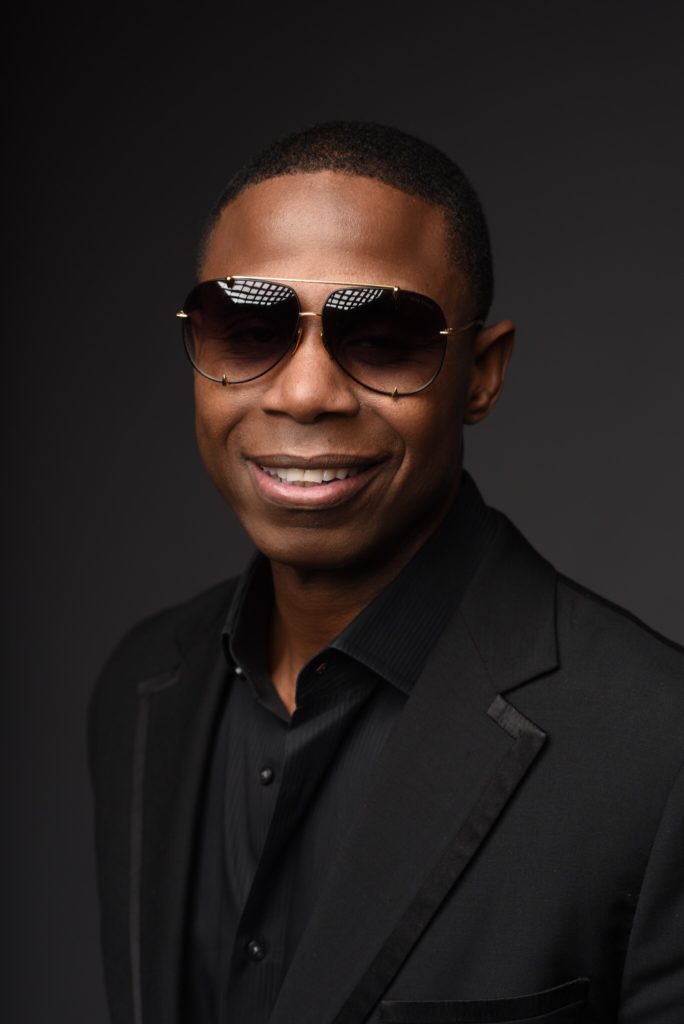
Doug E. Fresh: One of my friends was very sick and we didn’t know what was wrong with him. As black people we rely on homemade or traditional ways of getting over the cold or flu. Because you don’t know what this particular disease is, out of concern for one of my very close friends and after I didn’t hear from him for a while, I called Dr. Williams, while he was battling COVID-19 and had the symptoms. He picked up the phone while I had people banging on my friend’s door, whom no one had heard from in three weeks. I’m calling, ridiculously annoying, when he [my friend] picks up the phone, Dr. Williams speaks with him [on a three-way call] asking him very specific questions about how he was feeling. At the end of the call Dr. Williams said, “I think he needs to go get checked out.”
I put on the pressure and told him I was not going to stop until he gets out. We called an ambulance. He was too weak to walk. Today is the day that he got out of the hospital. [This interview took place on Friday, April 10, 2020.]
Honestly speaking, Dr. Williams is ride-or-die, a term we use in hip-hop when you’re going all the way. It also affected me personally because my son was sick. He didn’t have it. But he had symptoms that made us believe he had it. All of a sudden everybody started getting sick.
Psychologically, people are in a space where they don’t know what to do. That’s where this whole record idea came from. We can’t stand on the sidelines, do nothing and not give people something. I came out with the dance “Teach Me How to Dougie” and the whole world started doing it–Michelle Obama, Beyoncé and little kids. When an artist does something, it can influence others to take action. Different people, doctors, parents have influence.
When you get a team of people behind a message, it can really have impact. Me, him [Dr. Williams], our producer Artie Green and everyone who collectively participated wanted to do something.
What’s the purpose of having power if you are not going to use it? Especially now, you’ve got to do something. What are you going to do just stand on the sides, do nothing, and criticize others on how well they do it?
I knew I could create a song, do a video and get the right information from Dr. Williams; we could impact the world and save lives.
What inspired you to lead the “20 Seconds or More” hand washing initiative?
Doug E. Fresh: I am an extremely clean person. After COVID-19, I realized I may not be as extremely clean as I once thought. I have always washed my hands, frequently. I am in a business where you’re always shaking people’s hands. I used to get upset when you go to an event where they are serving hors d’oeuvres and people grab them with their hands. I have always been a very interesting person when it comes to situations like that.
Dr. Williams and I sat down and strategized on how to get people to calm down and wash their hands 20 seconds or more because so many lives would be saved. We don’t realize how something so simple has so much impact. It has made me really look at things much deeper. It opens your eyes.
Dr. Williams: We’ve been knowing each other for more than 15 years. We use music as a public health communications vessel to reach inner-city youth. We have seen the power of our approach in our research. Doug E. Fresh is probably one of the only rappers to be in a scientific peer-reviewed publication and be involved in an NIH grant and receive funding from the National Institutes of Health. We’ve taken our model and research, and what we’ve known intuitively is hip-hop music’s effect on behavior change. Hip hop can be used as a powerful vessel to motivate positive change especially in a community that has been hardest hit by COVID-19.
